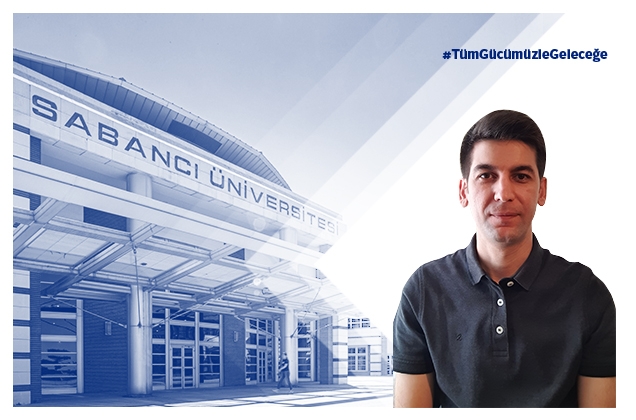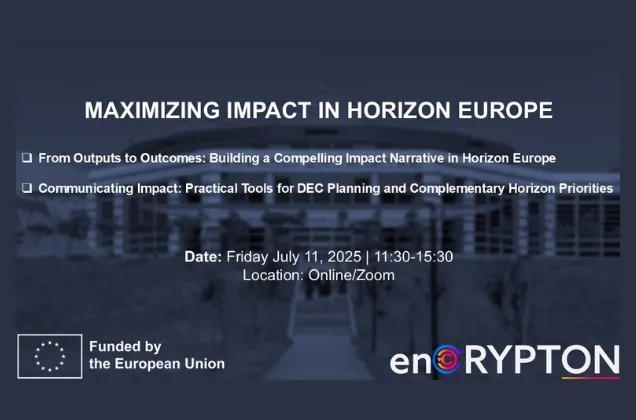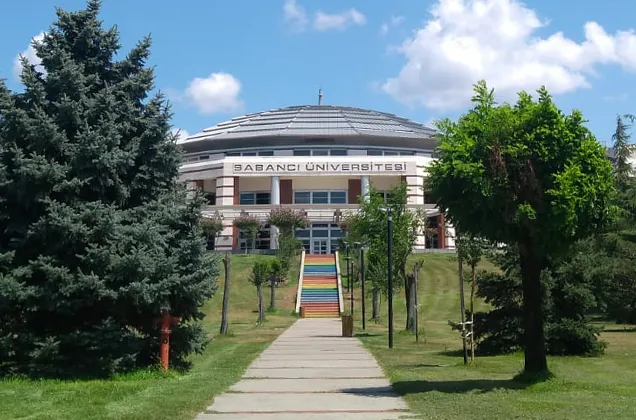21/09/2021
A project submitted by Deniz Can Kolukısa, researcher in Sabancı University Integrated Manufacturing Research and Application Center (SU-IMC) is entitled to receive support within the framework of the TÜBİTAK 1001 program.

Deniz Can Kolukısa’s project is entitled “Development and Experimental Validation of Parallelized Hybrid SPH-PD Particle Method for Fluid-Solid Interaction Solutions of Hydroelasticity Problems”. Mehmet Yıldız, Vice President of Sabancı University, Adnan Kefal, member of Faculty of Engineering and Natural Sciences (FENS), and Murat Özbulut, faculty member from Piri Reis University are involved in the project as researchers.
Regarding the aim and the importance of the project, Deniz Can Kolukısa said the following: Thanks to the studies to be carried out in this project, a generalized computer code with interconnected operation on a GPU will be developed. This code will bring together the Smoothed Particle Hydrodynamics method, which is a particle-based, computed hydrodynamics method growing more popular every day, and the Peridynamics method, which is a particle-based, relatively new method turning out to be very successful at modelling big deformations, cracks and damage propagation in solid mechanics simulations to provide solutions to fluid-structure interaction problems with multiphysics characteristics. In this framework, the algorithms to be developed in order to improve and combine these methods will be verified through experimental studies, which will enable us to monitor structural deformations instantly with the help of the innovative inverse finite element method (IFEM). In this project, progressive damage to thin plates and shell structures that are subject to out-of-plane cyclical hydrodynamic loads will be examined wholly for the first time. Therefore, a computational engineering tool will be developed to facilitate the examination of progressive damage scenarios and hydroelasticity behaviors of many underwater and surface structures and structural elements such as boats, bridges, and offshore platforms in order to enhance their structural safety.


